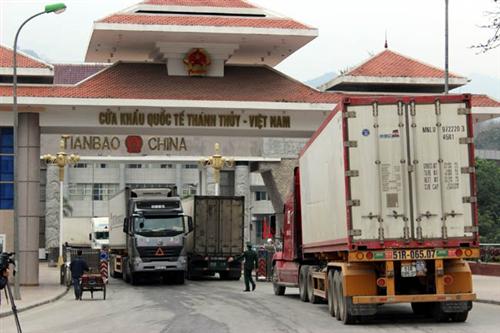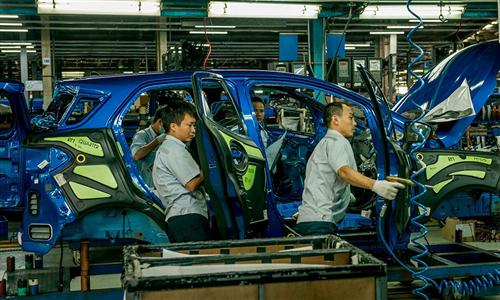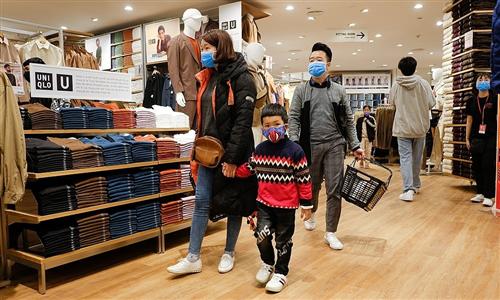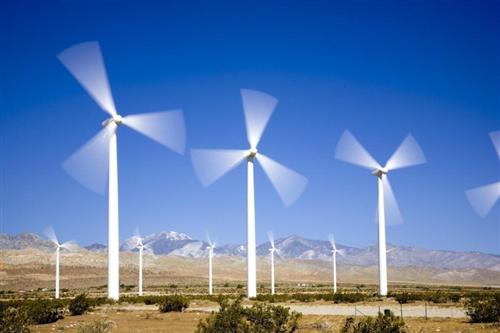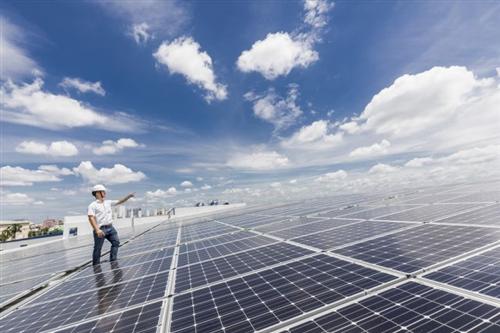Export of agricultural products to China show positive signs, says businesses
Export of agricultural products to China show positive signs, says businesses
Trade and customs clearance for agricultural products at the border with China are slowly returning to normal due to strict regulations to prevent a further outbreak of COVID-19. 
According to Nguyen Van Giang, an official from the Ministry of Agriculture and Rural Development, China had controlled the coronavirus pandemic so the market for agricultural products would recover later this month, boosting demand for imported products, especially food.
Giang said China has paid special attention to restoring logistics services to promote domestic consumption.
“Besides administrative reforms, China has reduced taxes on 80 food items (out of a total of over 800) to boost imports. This will be an opportunity for Vietnamese businesses to promote exports, including agricultural products,” Giang said.
Statistics from across the country in the first two weeks of this month showed that more than 15,000 tonnes of food, including fruit, seafood and cassava powder, had been exported through the Mong Cai border gate in the northern province of Quang Ninh. However, in Lang Son Province, there were still more than 1,000 container trucks, mostly carrying fruit and agricultural product, stuck waiting for export clearance.
Hoang Van, the Deputy Director of Truong Giang Seafood Joint Stock Company in the southern province of Dong Thap, said Chinese partners have come back in the recent two weeks, however their import of seafood products is only by 30 per cent prior to the COVID-19 pandemic because their logistics system has not yet completely restored.
To stabilise the market and ensure the quality of tra fish, Van said many businesses have directly exported, not via intermediaries like before.
Nguyen Lam Vien, vice president of the Viet Nam Farms and Agricultural Enterprises Association, said the Chinese market had shown signs of reviving, but remained unstable.
Vien, who is also chairman and CEO of Vinamit Joint Stock Company, said agricultural and food products would recover sooner than others, but it would be a few months before the market could be properly assessed.
“China has basically controlled the COVID-19 pandemic, but strict measures remain in place, affecting the circulation of goods. The Chinese market is in need of high quality food products, which can be good for the health and improve resistance,” Vien said.
CEO of Trung An High-tech Agriculture Joint Stock Company in the southern city of Can Tho, Pham Thai Binh, said many Vietnamese rice enterprises were confident that exports of rice to China would remain stable in the long term.
Binh said that rice exports to China plummeted in 2019. Early this year, the forecasts were that China would import more rice. “Unfortunately, the disease in China has become complicated, so rice exports have not bounced back yet.”
“After the Chinese market recovers, this country’s inventory of rice will decrease because production has been affected by the COVID-19 pandemic. They will increase imports,” Binh said.
He predicted that Viet Nam’s rice exports to China this year would be higher than 2019’s volume of 500,000 tonnes.





